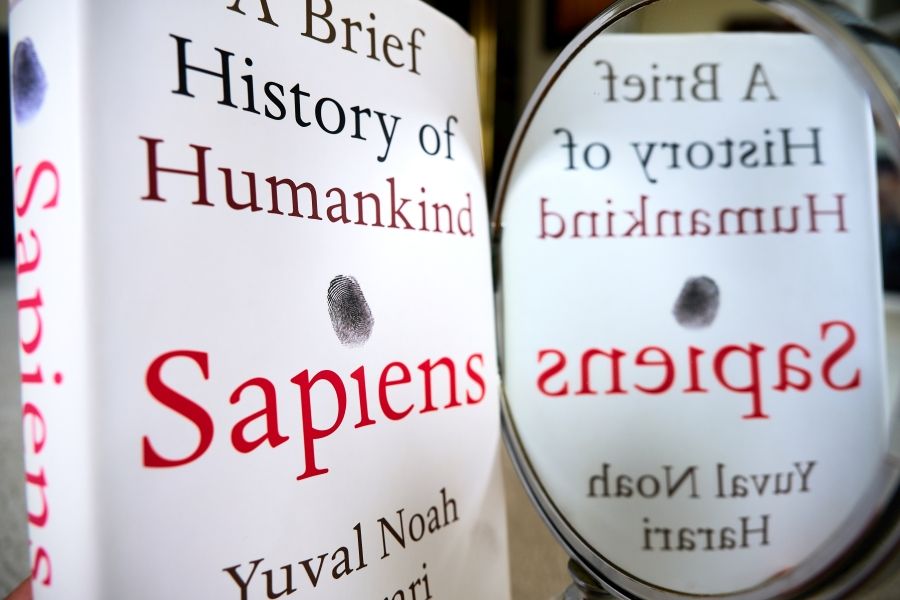This page is based on the Marvel Comics.
Please take note that most of the information here does not relate to the Marvel Cinematic Universe.



The Ministry of Defence has appointed an Oxford University professor as its first female Chief Scientific Adviser.
Dame Angela McLean, 58, will oversee the department’s core research programme and technology strategy in the role.
She has been a senior research fellow at Oxford University since 1990 and currently works on Theoretical Life Science at All Souls College.
The Planetary Society is launching LightSail 2 to fulfill a vision rooted in the future.



Sonoluminescence is one of those strange phenomenon that many would never encounter outside an academic environment. For those who have never heard of it, Sonoluminescence is when tiny bubbles suspended in a liquid emit light while being vibrated at certain frequencies. We were pleased to see that some plans are out there on how to build your own device to produce it.
[via io9].

“Mirror, mirror on the wall, who’s the smartest species of them all?”
“You, oh Homo Sapiens, are smart, it is true. But AI will be smarter even than you.”
***
The most popular myth about technology is perhaps the myth that technology is a crystal ball. A crystal ball because it allegedly allows us to see the future. And to evaluate if that is indeed true, or not, we have to understand the etymology of the word technology – what it means and stands for, or at least what it used to mean and stand for.
